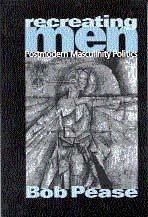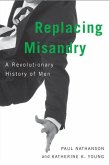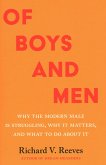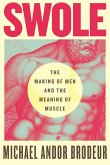One of the most central issues for women's prospects for equality is whether man can and will change. Changing the social relations of gender will involve changing men's subjectives as well as their daily practices. This book asks whether this is possible. Bob Pease examines how men, who are supportive of feminism, are responding to the feminist challenge, through an exploration of their experiences and dilemmas in trying to live out their feminist commitment and resist hegemonic forms of masculinity. The book is driven by practical as well as theoretical concerns, and aims to develop strategies that will promote the process of change towards equality in gender relations. Drawing on a critical postmodern theoretical framework, Pease argues that it is possible for men to reposition themselves in patriarchal discourses and to reformulate their interests in challenging gender domination. Recreating Men is an invaluable reading for academics and students of gender studies, and of interest to students of sociology, psychology and political sociology.
Hinweis: Dieser Artikel kann nur an eine deutsche Lieferadresse ausgeliefert werden.
Hinweis: Dieser Artikel kann nur an eine deutsche Lieferadresse ausgeliefert werden.
`Unlike many books by men on men, and most books by men on postmodernity, this is very well informed about and grounded in feminist work, and insistently pro-feminist in its approach to politics and change. It also deserves to be read whether or not you thought you were interested in either men or postmodernity. It really is about time the vast majority of men in the social sciences noticed the implicit gendering of their work and their politics, and this is a good book to help start that process' - Jeff Hearn, University of Manchester, and author of The Violences of Men








